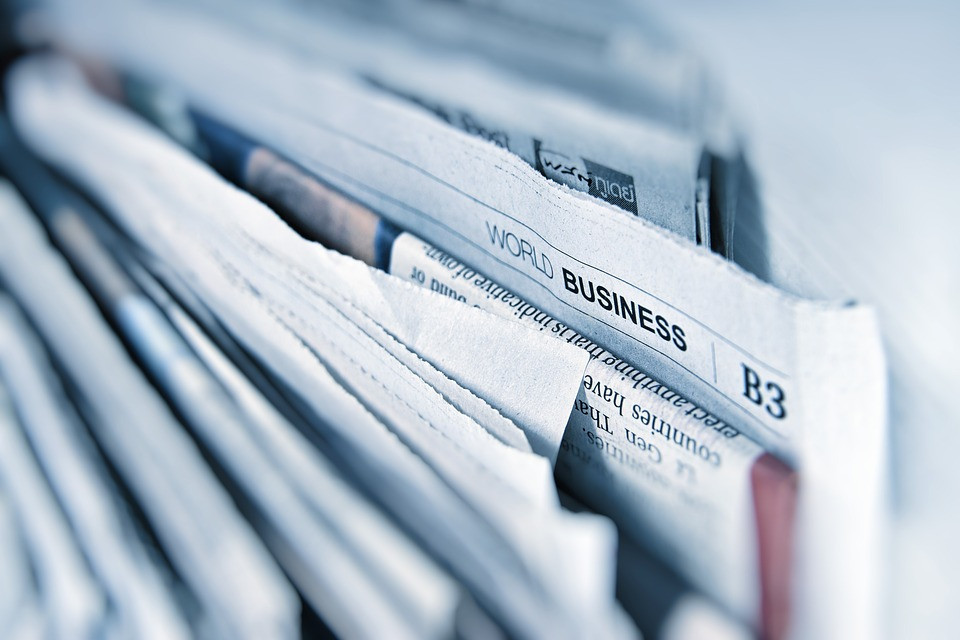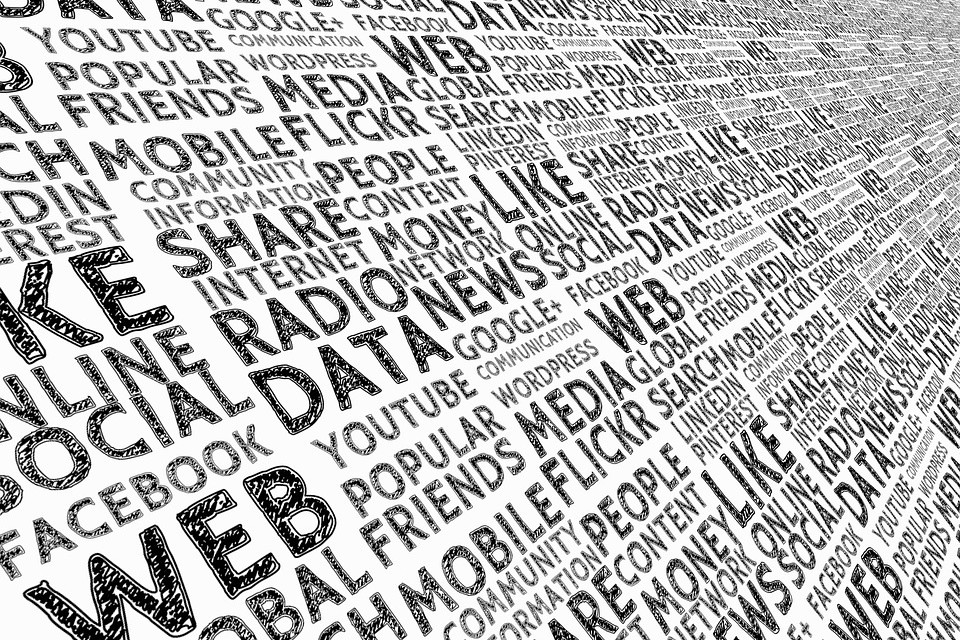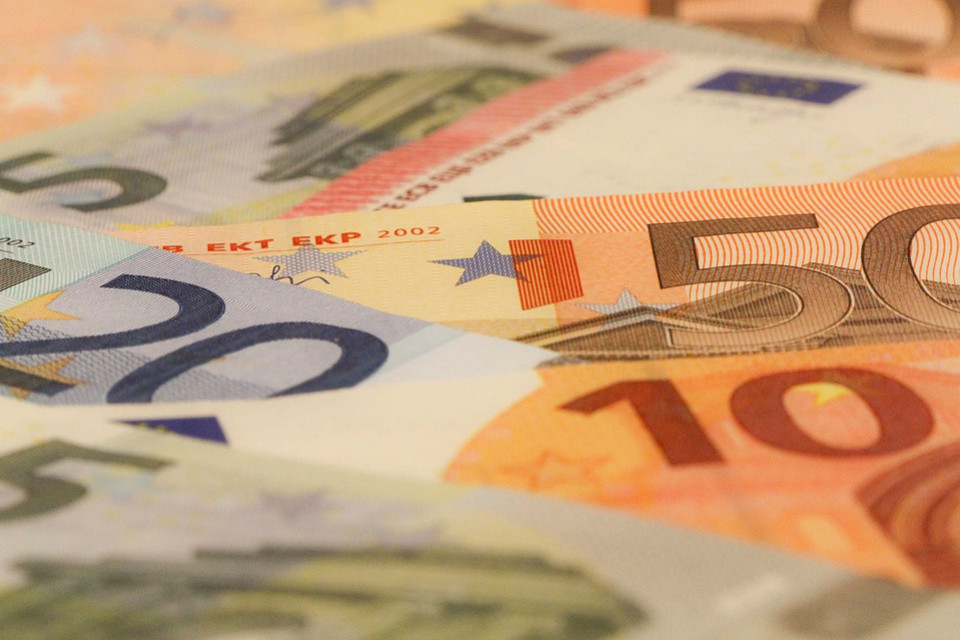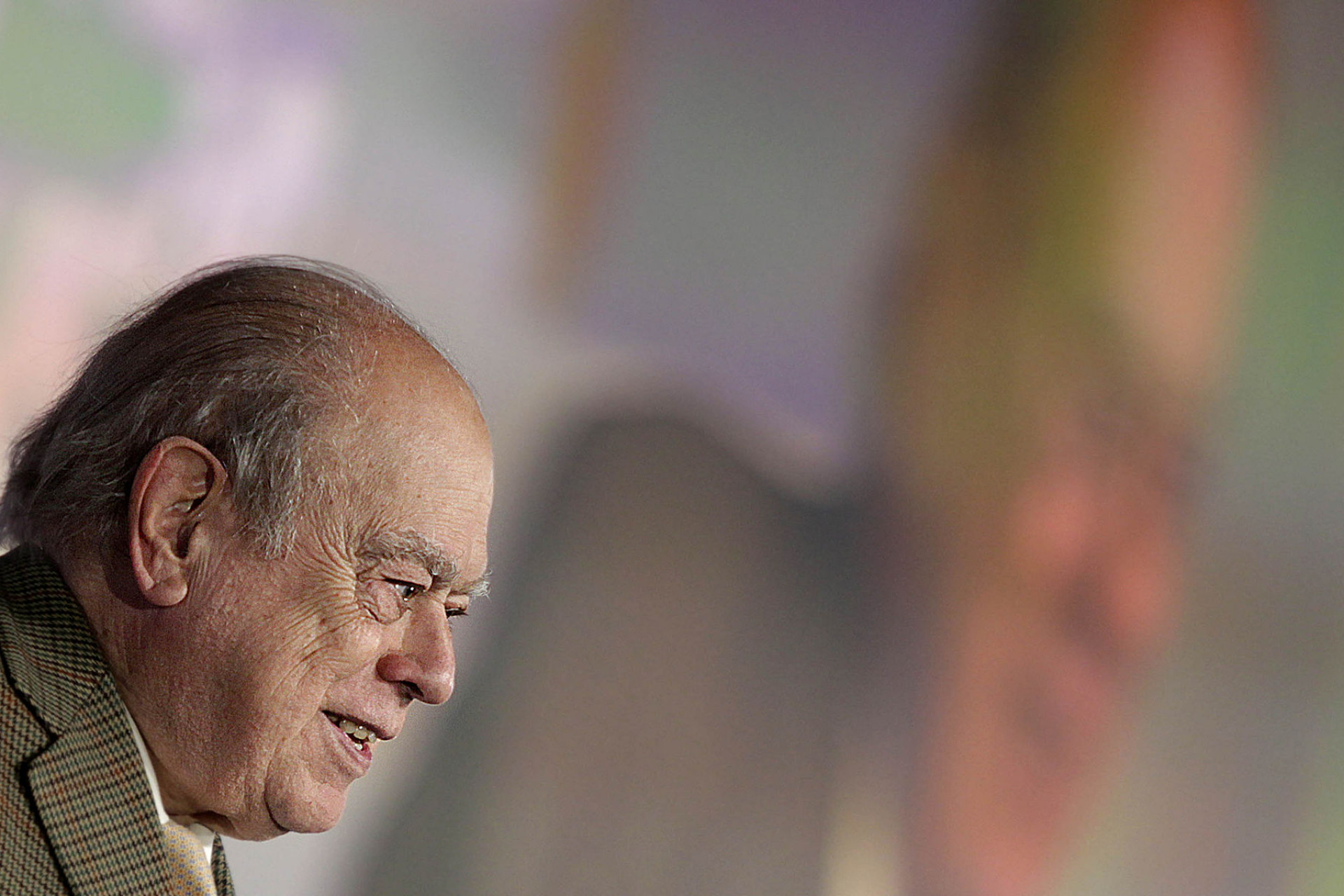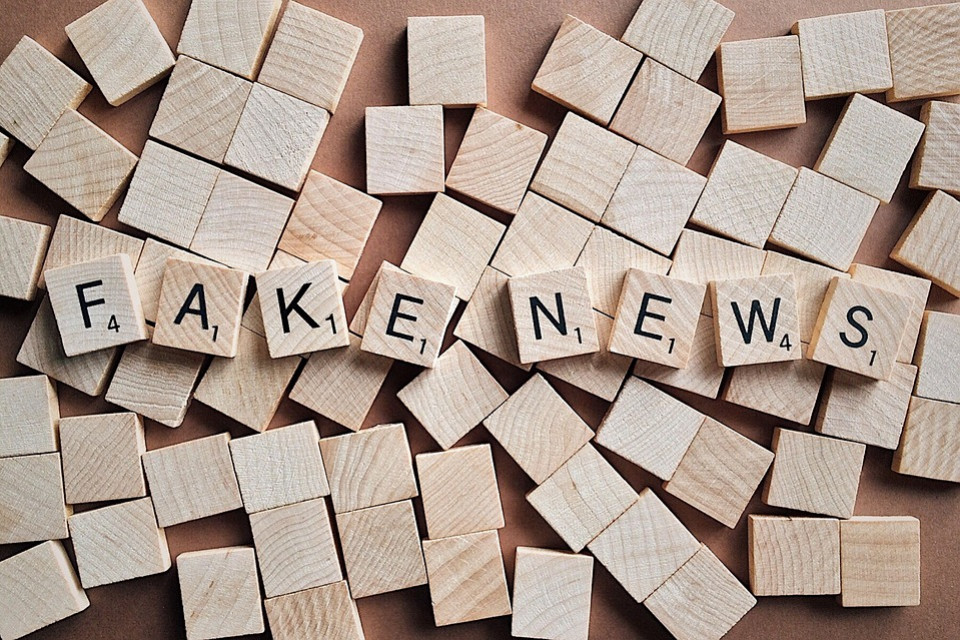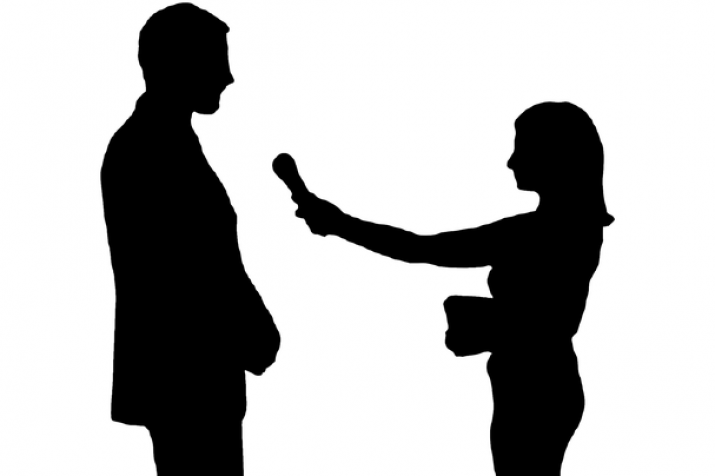There are many ways to whitewash reality. One of them is to influence the so-called "diary setting" of the press, radio and television, fostering (with more or less intentionality) the emergence of controversial issues that intensely attract the attention of the media, thus preventing them having to deal with other quite relevant issues. In this way, unnoticed issues end up happening that, if not for the "distracting factor", would have had high media coverage, and as a result would have attracted the attentive gaze of public opinion (always arbitrated and disseminated by, let's not forget, the power of the media to transmit, explain and make political, economic and social realities visible).
In the convulsive autumn This is sweeping across Spain, neither the cases of political corruption, nor the banks' debt with the State, nor the worrisome data on employment precariousness, nor even the alarming situation of the pension system occupy more front pages. The Catalonian political crisis have been gobbling up almost all the media headlines for months on end.
So, significant social issues that should receive much greater media attention pass by more or less unnoticed.
As an example, who knows that, still as of today Spain is one of the few European countries that has not yet implemented the Fourth European Directive concerning the fight against money laundering, tax avoidance and financing of terrorism?
We were obliged to do so before June 26th, 2017, but for some reason the Government decided not to adopt it into our legal system. and not even in such a historic moment in which the fight against money laundering and tax evasion has become an international priority and a social imperative.
This type of crime is quite worrying, given that it is on the increase. According to the latest data from the Executive Service of the Commission for the Prevention of Money Laundering and Monetary Offenses (SEPBLAC), the money laundering or financing of terrorism cases instigated in Spain in 2015 reached the figure of 7,006, which represented a increase of 17.6% with respect to 2014.
TELLING ABOUT THE WORLD IS TO BUILD IT
Another piece of information: the volume of capital flows of illicit origin (estimated by the European Parliament) today represents between 2% and 5% of the European Union's Gross Domestic Product (GDP), fruit of the relative success of criminal organisations in covering up the origin of the capital proceeds of crime and corruption.
Why is Spain delaying fortifying itself against this scourge? Money laundering is a crime that implicitly carries with it activities related to political corruption, drug trafficking, prostitution, trafficking in arms and terrorism.
These are not trivial matters. These issues directly impact the general interest and the public good. We could say that In fact, it is the dark side of globalisation, as Joseph Stiglitz, the Nobel Prizewinner for Economics, has pointed out.
But the media have barely paid heed to the fact that Spain, four months after the deadline given by Brussels, still has not updates its regulations so that the commercial companies, and limited companies in particular, become much more Transparent. Given that we can only fight against money laundering with sophisticated legal and computer tools, in view of the 21st century financial system, and the interconnection at European level, to be able to identify the real owners of the capital of increasingly global and international companies.
Experts in public communication know that telling how the world is, is a way of building it. The main narrators in our mass societies are the media.
If the relevant issues are not adequately reflected in the agendas of the media, that is, those that directly affect the quality of our lives and the quality of democracy, then this very democracy will end up suffering, because public opinion will not have information about it.
Whitewashing reality can be like laundering money: a scam that we all end up paying. We should not let it happen. Remember that words are not harmless objects: they are the raw material of politics and our collective identity. Whitewashing reality is possible if we are not alert and forewarned. Just as money laundering is possible if we legally leave gaps for those for whom the common good means little or nothing to act with impunity. I insist: let's not allow it. Let's not divert their attention.



